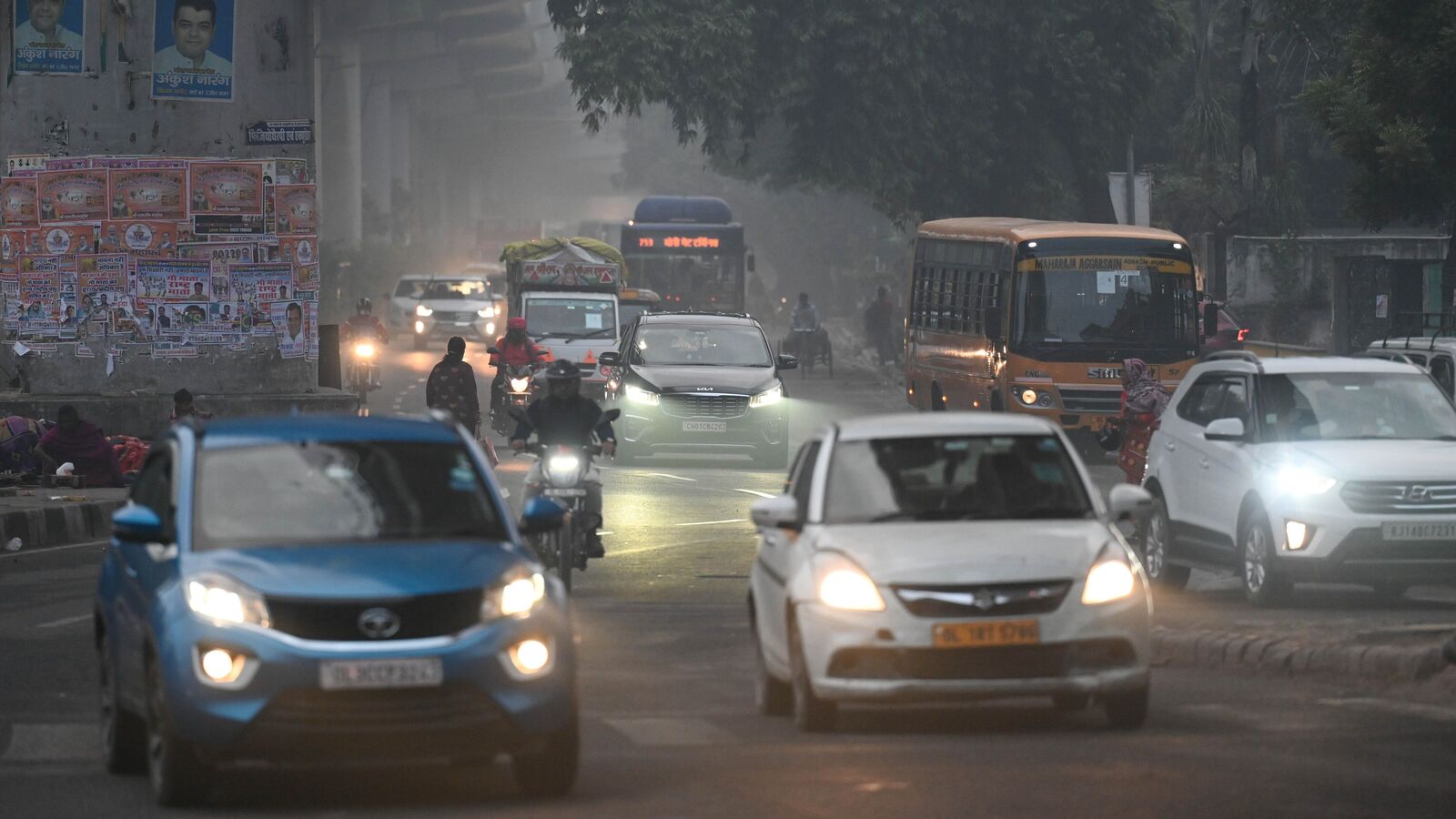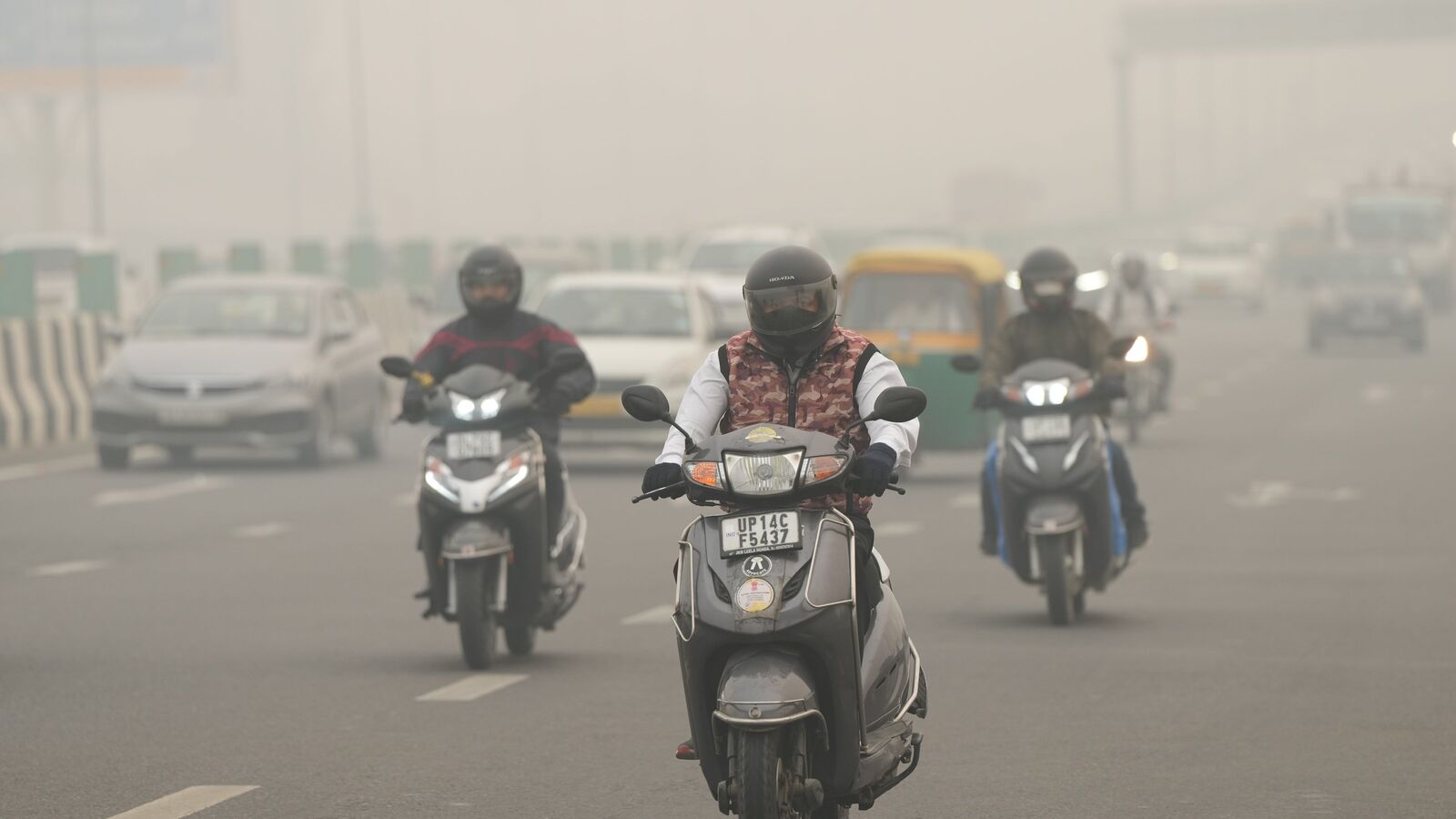Pollution in Delhi NCR is increasing once again because of this the Graded Response Action Plan (GRAP) has rolled out a new order that bans vehicles up to BS-3 petrol and BS-4 diesel four-wheelers. The air quality of Delhi NCR falls under the ‘Severe’ category which essentially means an AQI ranging between 4O1-45O. As of now, there is no timeline stated for the ban to be lifted.
The Sub-Committee observed that the AQI of Delhi on 22nd December witnessed a sharp increase. It stood at 4O9 and the committee says that it is only expected to increase a further 8 owing to the highly unfavourable meteorological and climatic conditions reported/ predicted by IMD/ IITM.
The AQI categorises scores from zero to 500, with values between zero and 50 considered “good,” 51 to 100 labelled as “satisfactory”, 101 to 200 as “moderate”, 201 to 300 as “poor”, 301 to 400 as “very poor” and 401 to 500 as “severe”.
Apart from banning cars, GRAP has ordered a strict ban on construction and demolition activities in the entire NCR region. However, few activities are expected such as projects for railway services, airports, inter-state bus terminals, hospital/health care and metros. Projects and activities related to national security, public projects such as sanitation, highways, roads, flyovers etc. are also exempted.
Also Read : From West, with no love – India among regions likely to become dumping grounds for polluting vehicles.
Earlier, the Delhi government had planned to introduce the Odd-Even rule after Diwali when pollution spiked in the city. However, it postponed the plans after the Supreme Court termed the move as mere optics without much effect on pollution levels.
First Published Date: 22 Dec 2023, 19:04 PM IST
Source link


